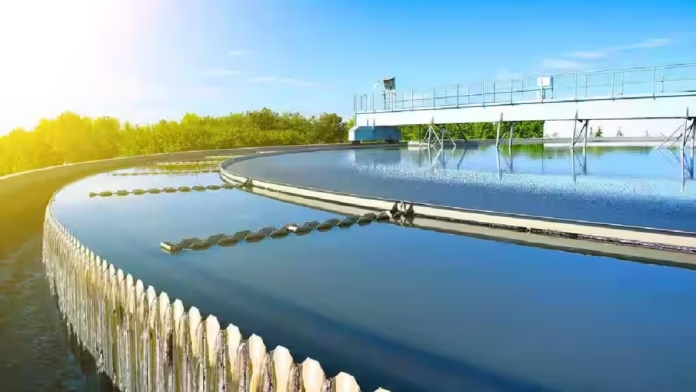Tripura has taken a major step towards resolving water scarcity by initiating the construction of three new Water Treatment Plants (WTPs) across various districts. The state government has launched this initiative to ensure a stable and safe water supply for both urban and rural populations. The move comes in response to growing demand and pressing concerns over drinking water quality in several parts of the state.
Officials from the Public Health Engineering Department (PHED) have confirmed that construction is progressing rapidly in Dhalai, West Tripura, and Gomati districts. Engineers and contractors are working on a tight schedule to ensure the timely completion of these projects. Each plant will feature state-of-the-art purification systems and filtration technologies aimed at providing potable water to thousands of households.
Tripura Chief Minister Dr. Manik Saha has emphasized the importance of water security in recent administrative meetings. He has reiterated that access to clean water remains a top priority for his government. During a recent inspection visit, senior officials assured him that the WTPs would significantly enhance the overall capacity of the state’s water supply system. They noted that these plants will reduce the region’s dependence on unfiltered groundwater sources.
The PHED has collaborated with local municipalities and panchayats to identify key locations where the new plants can have maximum impact. The sites were chosen based on their population density, past complaints about water supply, and infrastructural feasibility. Engineers have completed geotechnical studies and environmental assessments to minimize ecological disruption during construction.
Each WTP will have a daily treatment capacity ranging between 10 to 15 million liters. The government has allocated adequate funds from both central and state schemes, including the Jal Jeevan Mission. Officials have ensured that contractors follow strict quality control protocols during construction to guarantee efficiency and longevity of the systems once they are operational.
Residents of the affected districts have expressed hope that these WTPs will bring relief from persistent water woes. In several villages of Dhalai, women who traditionally walk long distances to fetch water have voiced optimism about the new development. They believe the initiative will reduce the burden on their daily lives and improve health conditions within their communities.
PHED Minister Sushanta Chowdhury recently visited the under-construction sites and interacted with technical teams and local community leaders. He assured them that the projects would remain transparent and accountable, with regular monitoring and third-party audits. He added that once completed, the plants would be equipped with remote sensing systems to monitor water quality and volume in real time.
The department has also begun training local operators and maintenance staff to run the facilities once they become operational. Training modules include machine handling, filter maintenance, and emergency protocols to prevent downtime or service disruptions. Authorities aim to create employment opportunities through the projects, especially for youth from nearby areas.
The Chief Secretary of Tripura has urged all departments to extend logistical support to PHED for seamless completion of the projects. The Transport Department has facilitated smooth movement of construction materials, while the Power Department has ensured uninterrupted electricity supply for testing and commissioning.
NGOs and civil society organizations have joined the effort by spreading awareness about water conservation and hygiene in communities that will benefit from the new infrastructure. They are educating families on how to use treated water responsibly and maintain hygiene standards at the household level. The state government believes these outreach programs will multiply the impact of the WTPs.
Once operational, the three WTPs are expected to cover more than 150 villages and several urban clusters. The government plans to replicate this model in other districts, depending on the success of the current phase. By strengthening its water infrastructure, Tripura aims to achieve its long-term vision of water security and sustainable development.


